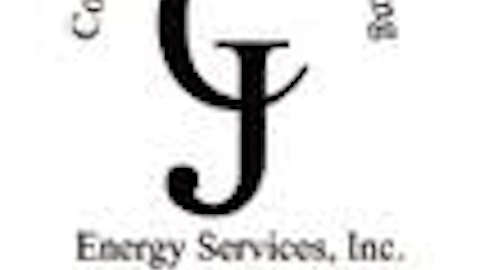The Coca Cola Company, the world’s most popular beverages company, has been boosting dividends for 50 consecutive years, through both economic growth and adversity. The company’s stock currently pays a dividend yield of 2.7%, on par with the DJIA average yield. The company’s payout ratio is 53%. Its rivals PepsiCo, Inc. (NYSE:PEP) and Dr Pepper Snapple Group Inc. (NYSE:DPS) have higher dividend yields of 3.1% and 3.0%, respectively. The Coca-Cola Company’s dividends increased at a rate of 8.5% annually over the past five years, while its stock realized total returns of 7.3% per year over the same period. At the same time, EPS growth averaged 11.3% per year. Analysts expect the company’s EPS to continue growing at about 8.2%, annually, well above the pace of growth of the global economy. In addition to dividends, the company has been returning capital to its shareholders through stock buybacks. In October, the company announced a plan to repurchase up to 500 million of its own shares (11% of total shares outstanding), worth almost $19 billion. Not only will this prop up the company’s EPS growth, but will also support the company’s stock prices. The company is implementing productivity initiatives to boost profitability. Its presence in emerging markets, which account for 20% of the company’s sales, will rise in the future due to a forecast robust expansion in those markets. The stock has a high ROE of 26.5%. In terms of valuation, the stock boasts a forward P/E of 17.8, on par with the soft drinks industry. However, the stock carries a small premium relative to PepsiCo (forward P/E of 16.4). Warren Buffett and Bill & Melinda Gates Foundation Trust are big fans of the stock.
Wal-Mart Stores, Inc. (NYSE:WMT), the world’s largest retailer and a dividend aristocrat, has raised dividends every year since initiating a dividend in 1974. The company is currently yielding 2.3% on a payout ratio of 33%. Its smaller competitor Target Corporation (NYSE:TGT) pays the same dividend yield, while Costco Wholesale Corporation (NASDAQ:COST) yields only 1.1%. Wal-Mart’s dividends have increased 13.5% per year over the past five years, while its total return averaged 10.6% annually over the same period. Wal-Mart’s EPS grew by 9.2% per year over the past half decade. The company’s EPS is forecast to expand by 9.4% per year for the next five years. Wal-Mart is a major value play and one of the largest holdings in legendary investor Warren Buffett’s portfolio. He owns more than $3.4 billion in the stock. The company has a wide international presence, and is benefiting from the trend of rising incomes in emerging markets. A new trend of customers’ constant pursuit of value deals and bargain hunting is boosting the company’s performance. Wal-Mart’s stock has a high ROE of 24%. The stock has a forward P/E of 13.6, trading almost on par with Target Co. (forward P/E of 13.5) but at a discount to its respective industry (forward P/E of 14.7) and Costco (forward P/E of 22.6). Bill & Melinda Gates Foundation Trust bought as much as a $782-million worth of the company’s shares.
International Business Machines Corp. (NYSE:IBM), the IT bellwether with a market capitalization of $215 billion, has increased dividends every year in the past 17 years. Currently, the stock pays a dividend yield of 1.8% on a low payout ratio of 24%. Competitors Accenture Plc (NYSE:ACN), Hewlett-Packard Company (NYSE:HPQ), and Microsoft Corporation (NASDAQ:MSFT) are paying higher dividend yields of 2.4%, 4.1%, and 3.4%, respectively. IBM grew dividends by 17% per year over the past five years, achieving total returns of 14.8% annually. Over the same period, the company’s EPS expanded at a rate of 16.6% per year. EPS growth is expected to average about 10% annually for the next five years, although the company is experiencing some headwinds in the near term due to weaker IT spending amid sluggish economic growth. IBM has boosted its presence in the higher margin areas, which in recent years has helped the company grow its bottom line faster than many of its peers. IBM’s increased presence in emerging markets will bode well for its future growth. The company has $10.5 per share in cash and equivalents and a free cash flow yield of 5.5%. With a low dividend payout ratio and relatively strong EPS growth, along with strong free cash flow accumulation, IBM is expected to continue bolstering dividends in the future. The stock is a value play. Its ROE is 74%. In terms of valuation, its forward P/E is 11.8, below the overall computer services industry (with an average forward P/E of 14.9). Still, on this basis, it is pricier than Microsoft and HP, although HP is generally considered a value trap. Berkshire Hathaway’s Warren Buffett owns more than $14 billion in IBM’s stock, which represents 18.6% of Berkshire Hathaway’s portfolio.





